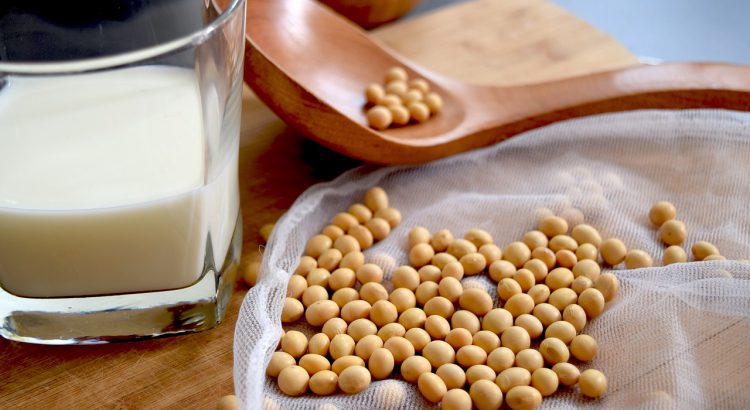For years, milk has been a staple at meals. But if you have shopped for milk lately, you may have noticed many different dairy-free soy-, nut- or rice-based options available.
These options are great for individuals with food allergies or intolerances or for anyone who is looking to try a new product. A big question people have is: how do these alternatives stack up nutritionally to milk?
Nutritional Content of Milk
Regardless of the fat content, milk provides approximately 8 grams of protein, 12 grams of carbohydrates and 300 milligrams of calcium for strong bones — approximately 30 percent of the 1,000 milligram recommended daily allowance for calcium for adults ages 19 to 50. Milk is rich in bone-building nutrients including calcium, magnesium, phosphorus, potassium, vitamin D, Vitamin B12, riboflavin and niacin. For less fat, saturated fat and cholesterol per serving, choose skim or 1 percent milk. Lower-fat varieties of milk are fortified with vitamin A and D due to fat removal during production.
Nutritional Content of Dairy-Free Options
Today’s dairy-free alternatives include soy, almond, coconut and rice-based beverages. Each of these options offers a flavor and consistency to meet a variety of tastes, including sweetened, unsweetened or flavored, and may be fortified with vitamins A, D, E, B12, riboflavin and calcium. Many dairy-free beverages are fortified with calcium carbonate or tricalcium phosphate, providing 300 to 450 mg calcium per one-cup serving, comparable to cow’s milk.
Soy milk and almond milk are popular choices that contain less than 170 calories, 2 to 5 grams of fat and 2 to 30 grams of carbohydrates per serving. Soy has the highest amount of protein, ranging from 7 to 12 grams per serving, versus almond milk with only 1 gram.
Other dairy-free alternatives include coconut, rice and hemp milks. These milks range from approximately 45 to 160 calories, 2 to 6 grams of fat per serving and 1 to 30 grams of carbohydrates, depending on the brand and if sweetened or flavored. Coconut milk has the highest amount of saturated fat per serving, approximately 4 to 5 grams, while rice milk tends to have the highest amount of carbohydrates per serving. The protein content tends to be low with these choices; however, hemp milk provides the most at approximately 3 to 4 grams per serving and has 10 essential amino acids and omega-3 and 6 acid fatty acids for heart health and brain function.
So if you’re making the switch to a dairy-free milk, be sure to take a minute to compare labels to ensure you are getting the most nutrition out of your choice.
